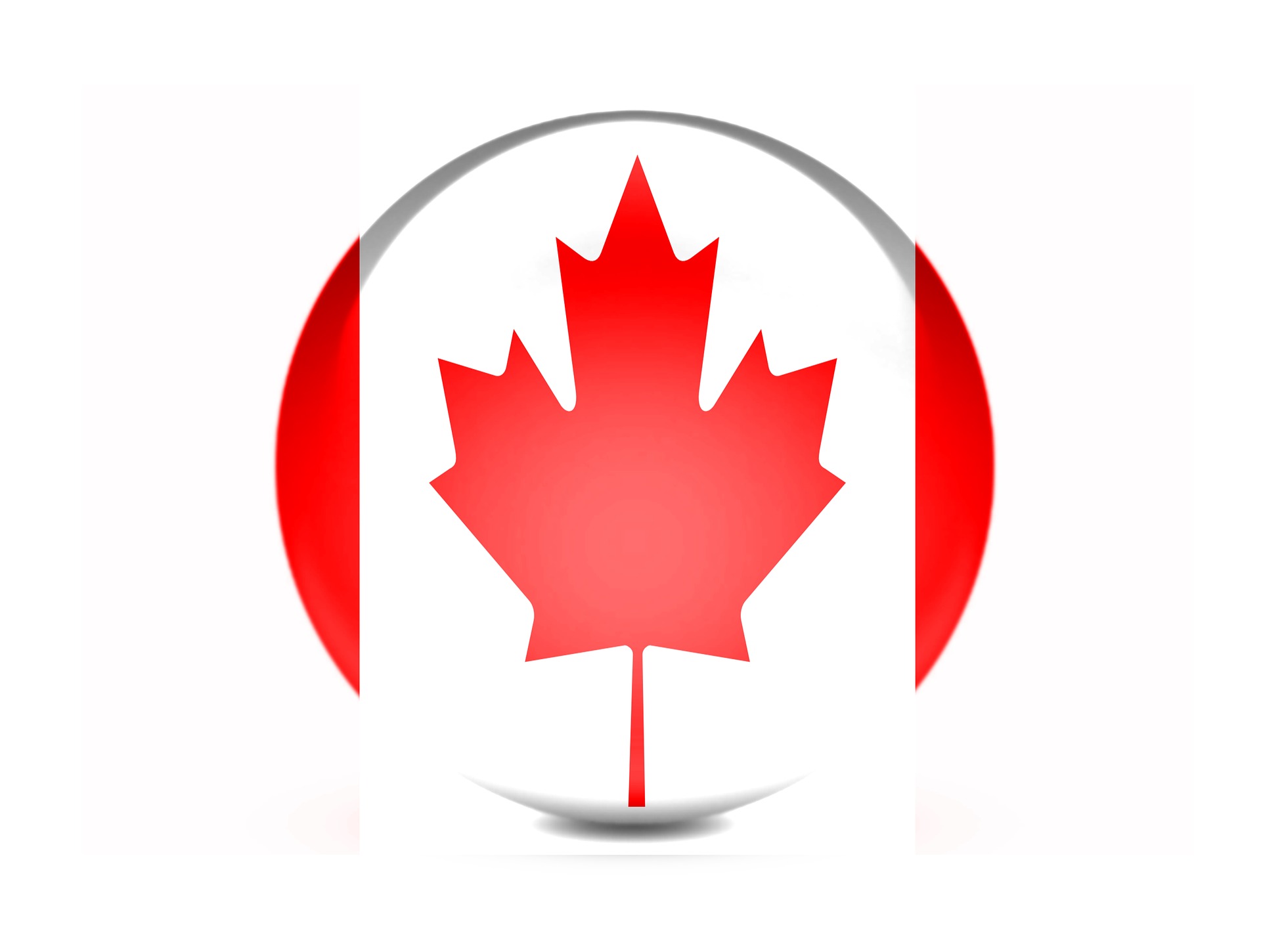If I could get a nickel every time some says this aloud, I would be a millionaire and how many times have we heard that statement as well. Well, today we are going to speak about Google and the abilities it has to retain data because once it is on Google it is there forever.
Just this morning, I typed in Canadian Genealogy into Google to see what it would deliver to me. Not surprising it delivered the following top five hits:
- Library and Archives Canada (LAC)
- CanGenealogy
- Canada Genealogy – FamilySearch
- 11 Resources and Records for Canadian Genealogy – Family Tree Magazine
- Genealogy of Canada – Généalogie du Québec et d’Amérique française
This is good stuff do not get me wrong and if I were a new researcher, this would be a great place to start to understand family history. Therefore, what is wrong with the list you ask? Google is good, yes. Of course, it is but we want to go beyond just the first page. I invite you to scroll to the bottom of the page where the pagination is and if you are not sure what that is, it is the page numbers at the bottom of the page.
As we discussed above, once it is on Google it is there forever, what we did not talk about is Google Rankings. Below is a statement from Google:

What it means is the important stuff ends up on page one and the least important ends up on Page 2 and so forth. This does not mean that the other pages from two onward have any less value. Part of the reason to be on page one is to continually work on improving your ranking on Google but we are not going to go down that squirrel hole this time. What we want to speak about is page two and the importance of looking beyond the front page.
Going from pages two to ten, I am going to list some of the sites I found that would be a benefit to family historians at any level of skill:
- American-Canadian Genealogical Society – Leaders in French-Canadian Research
- Genealogy – Metis Nation of Canada
- RCMP – Genealogy Research – LAC
- Thunder Bay Public Library – Genealogy Links
- Jake Epp Public Library – Manitoba
- Genealogy and the Law in Canada 2013
- How to uncover your family military roots – CBC Article
- Birth, adoption, death, marriage and divorce – B.C. Government site.
- One-Step Webpages by Stephen P. Morse
So let us talk about them briefly:
- However, I do not have much experience in French Canadian Research I would have to say good on them to be page 2 of the Google search. Finding a Society that supports both sides of the boarder will be a benefit to any researcher.
- There is a lot of interest to understand how to research these important records. If you believe you have Metis Heritage, I would suggest you start here.
- This page gives some basic ideas on how to research the RCMP in your family tree but it reminded me about a conversation I had with the webmaster of https://rcmpgraves.com – This small website is a mountain of information on the RCMP Family and it is privately owned and running on a server in California. My only question to the owner was “What is your Plan for the Future?” This data is far too important to lose – more on this later.
- I have ancestors from Thunder Bay, so I was pleased to find this in the ranking. What I was more pleased about was the newspapers indexes that I was unaware of and I hope to have a further discussion with the Thunder Bay Branch – Ontario Ancestors about this as well. “I have an Idea!”
- A small library focusing on Manitoba genealogy resources.
- A must read book about Genealogy and the Law in Canada. The Author is an excellent speaker.
- An article from 2011 but like all things genealogy, it never falls out of date. For those seeking their military ancestors, this is a good article to read but remember it was penned in 2011. Some things may have changed like process for obtaining records.
- A government site for those seeking ancestors in British Columbia.
- A much older personal website that contains censes and port information with many other resources available. Again, I ask, “What is your Plan?”
So what, why did we list and talk about these websites you ask. Simply, these sites are too valuable for the Family Historian to miss and if you are just looking at the main page of Google you could be miss opportunities to break down those brick walls. In closing, you may be saying, “Why did he not include any URL’s to these important sites for me to use.” Simply put, “Google It and start on Page 2.”
As always, I ask this question to my classes from time to time, “What are you doing for Genealogy today?” Not your personal research but work that will benefit other in the future. Support/Join your local Society – Volunteer, give a talk or even build an index.
Till next time,
Steve Fulton, UE
